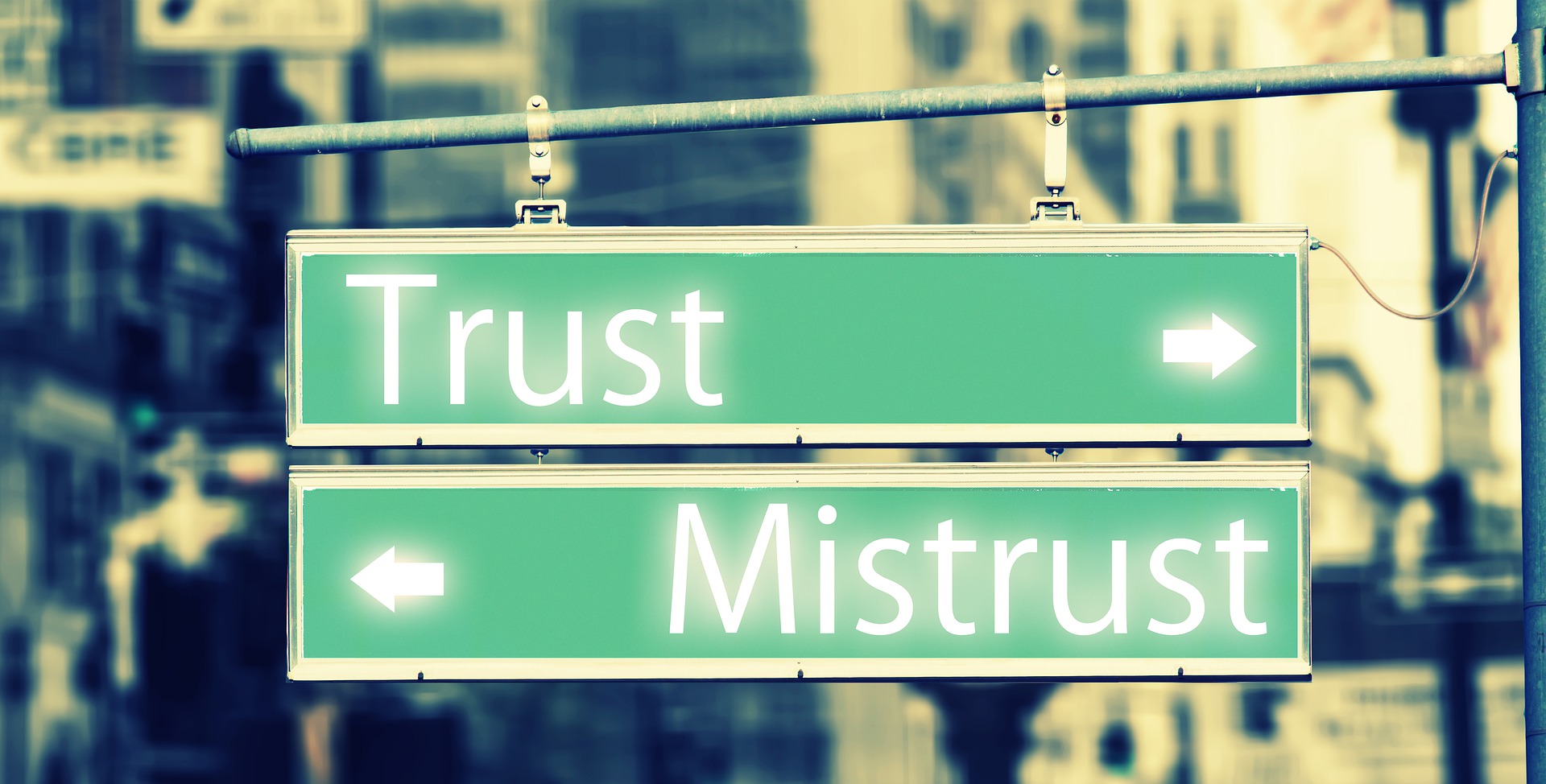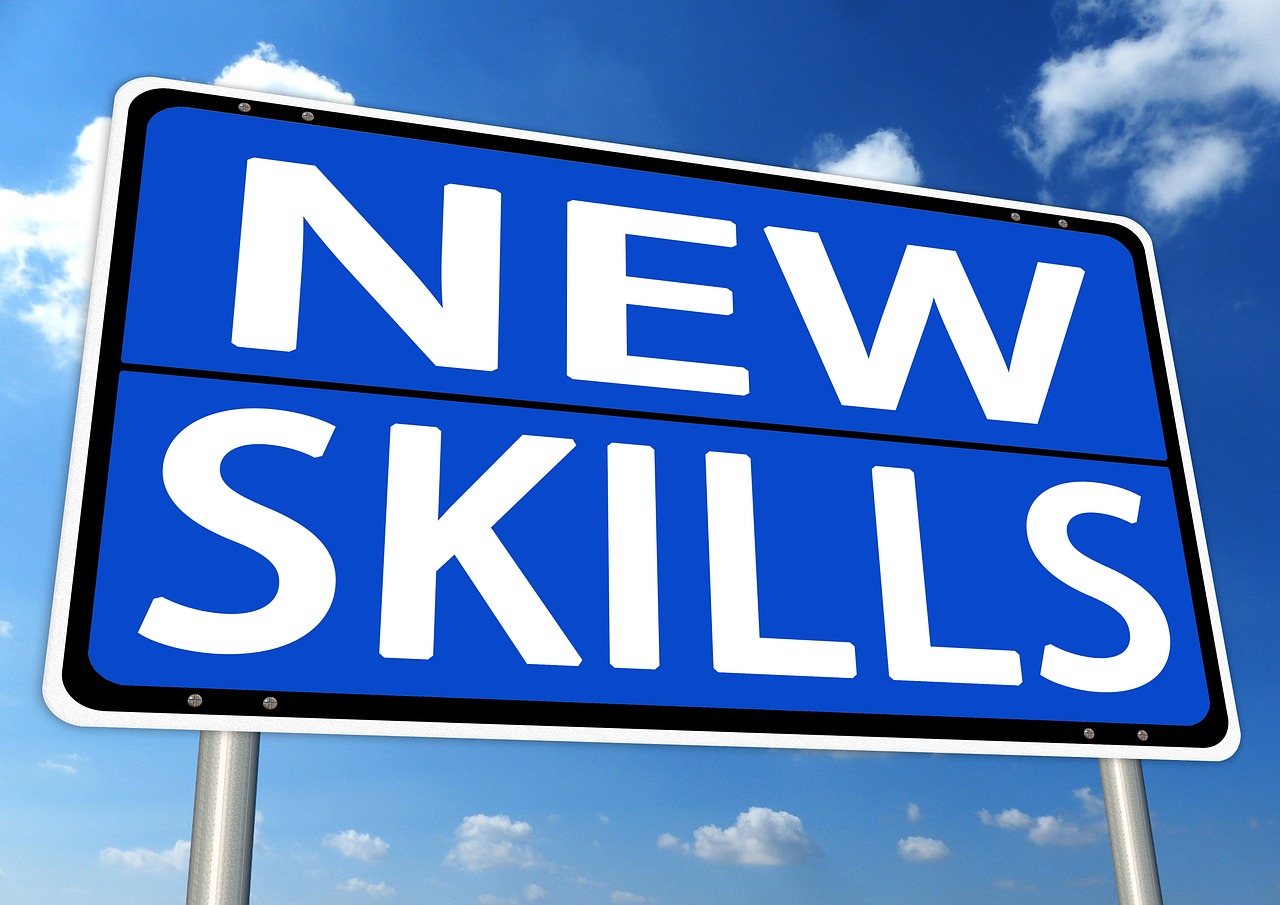Assertive confrontation is often important and needed and if done with expertise, beneficial. Yet much more often, confrontation is aggressive and thus it is a poor approach and a clear sign of missing conflict intelligence and a skills deficiency or at worst, a character flaw and behavior weakness.
Learning about ourselves and our allure to confrontation when triggered can teach us valuable insights about how we communicate and what we can learn to more successfully work through strong, negative emotions to better express ourselves and succeed in problem solving, with humanity.

Kevin Stapley, a coaching partner and educator at Legendary Coaching, wrote a helpful advisory piece on LinkedIn on the subject, Why Do We Become Confrontational.
In it, he writes “It is a self defense behavior intended to get our ‘opponent’ to back down. It is also very much a primal response, which means our complex thinking skills aren’t 100 percent and our good decision-making can be seriously impaired.”
As for what motivated him to write specifically about confrontation, Stapley says it was personal experiences.
“For 20 years, it was my job to engage and interact with people exhibiting confrontational and even aggressive behavior,” Stapley says. “As a healthcare security professional, I was the one called in to de-escalate situations that had become too overwhelming, or too dangerous, for the people involved to handle.”That, As you can imagine, I’ve seen a lot over that 20 years and it has allowed me to develop the skills to competently manage these situations.”
That depth of experience and his current work has provided him with a level of expertise that can provide accurate observations, recommendations and solutions.

“Sometimes, these disagreements get heated and all too often result in some very unfortunate outcomes. Relationships ruined, jobs lost, opportunities missed, even crimes committed,” Stapley says.
Yet he offers encouraging news for what we too often observe and experience.
“It doesn’t have to be that way. We can all learn how to better manage these situations.”
Managing emotionally charged interactions requires poise, curiosity, patience, skilled listening, sustained empathy.
“The first step is understanding what’s actually happening. What is driving these behaviors,” Stapley says.
Common ground is rarely sought and worked for within a disagreement or a heated fight yet it is the commitment and perseverance in searching for and finding it that unlocks doors to progress.
“The most powerful thing that I have learned about conflict, negotiation and human relationships in general is the concept of ‘underlying interests,’” Stapley says. “These are the deeper needs and beliefs that actually drive our observable behavior.”
Where people get into trouble with others is often too much focus in one area and insufficient or no focus in another critical direction. When we focus solely on what’s important to us, the more intense our emotions can become.
“The more value we place on our own interests, the stronger our reaction will be when someone tries to prevent us from achieving it,” Stapley says.
That strong reaction might also prevent others who have the ability to help us from wanting to listen with empathy and to assist, which is why Stapley has insight and a recommendation on listening, understanding and pursuing common ground.
“That’s why it is so important to understand your own interests and those of the other parties,” he says. “Dig deep enough and you can almost always find common ground on something. Even if it is a small thing, it creates commonality in the relationship that can be built on.”
Commonality often creates psychological receptiveness to listen, learn, empathize and cooperate. To get there, Stapley reasserts that it is important to find the reasons behind why other people want and need what they want and why we do too.

“The most successful negotiations seek to fulfill the needs and interests of everyone, to the fullest extent possible,” he says.
When our emotions overwhelm our better or best decision making, it becomes very difficult to remain poised and focused on listening, being less judgmental, more curious and seeking out and finding interests and common ground.
Yet that is the road that must be traveled to gain more of what we want without aggressive confrontation as a suboptimal, lower-level way of problem solving.
Navigating the heat of these emotions, judgments and strong attitudes requires knowledge, understanding, skills and competency we haven’t yet developed.
To learn to move through this storm and weakness in the moment to think more clearly to communicate assertively instead of defensively and aggressively is a challenge, yet one possible to succeed at overcoming, if not mastering.
“When we are emotionally triggered, our ability to engage in complex thinking is greatly diminished. The stronger the emotional reaction, the less rational we become,” Stapley says.
The ‘why’ is biological.
“Our brains are wired to respond to threats quickly and decisively. Assessing the situation, applying reason and logic to it takes time. There’s no time to lose when you forget to look both ways before stepping into the street in front of an oncoming car,” Stapley says. “The problem is, our brains treat all threats the same way. It can’t tell the difference.”

He has five recommendations to increase the probability of improved, higher-level, more skilled communication to gain greater satisfaction in getting interests met.
Don’t argue with people. Have discussions instead.
“An argument is where each side is trying to justify their position or prove the other one wrong.
“In a discussion, the focus is on sharing perspectives and increasing understanding. Just making that switch in your mind can change how you approach the entire conversation.”
Figure out what (emotional) triggers you have and why.
“Conflicts and confrontations always revolve around triggers. These are comments, behaviors or opinions that are contrary to yours.
“The more important your position is to you, the stronger the trigger will be. Knowing what triggers you and why and before you experience it makes it easier to control your response.
“It’s familiar and you recognize it. This enlists your complex thinking and helps keep your impulsiveness at bay.”
Ask yourself some questions about what you are experiencing.
“What am I feeling right now? Why does this upset me? What is the other person’s intent here? How important is this really? What would I think about my behavior if I was watching this?
“Like knowing your triggers, questioning forces you to use complex thinking. It also helps you to navigate the conversation.”
Think about the consequences you might face if you lose control of yourself. Again, this involves complex thinking.
“It also provides you with some extra motivation to keep your cool.”
If the other person keeps trying to provoke you by pushing your buttons, keep to your points and know when there’s no point in continuing the conversation and end it.
“Ending the discussion and walking away is always an option. Sometimes, it’s the best one.
“Personally, I have walked away from many a conversation that spiraled into an argument. Not only because I wasn’t able to make any progress with the other person, but also because I realized that I was beginning to lose emotional control myself.
“I will disengage before I make things worse.
“If possible, let someone else take over for you or try it again once you’ve both had some time to cool off.”
With Stapley’s guidance, our learning and practicing with commitment, we lessen the likelihood of initiating aggressive confrontations and turn down the heat on the ones we walk into, while navigating them more expertly and successfully.
When we become the master of our emotions, decisions and choices in conflict, our reputation will be built, further enhanced or improved and we will become more confident and effective as relationship builders and problem solvers.
Michael Toebe is a specialist for reputation and wiser crisis management, and writes the weekly Red Diamonds Newsletter, a weekly publication and Red Diamonds Features, both published on Medium and hosts the short-segment Red Diamonds Podcast with Michael Toebe.


